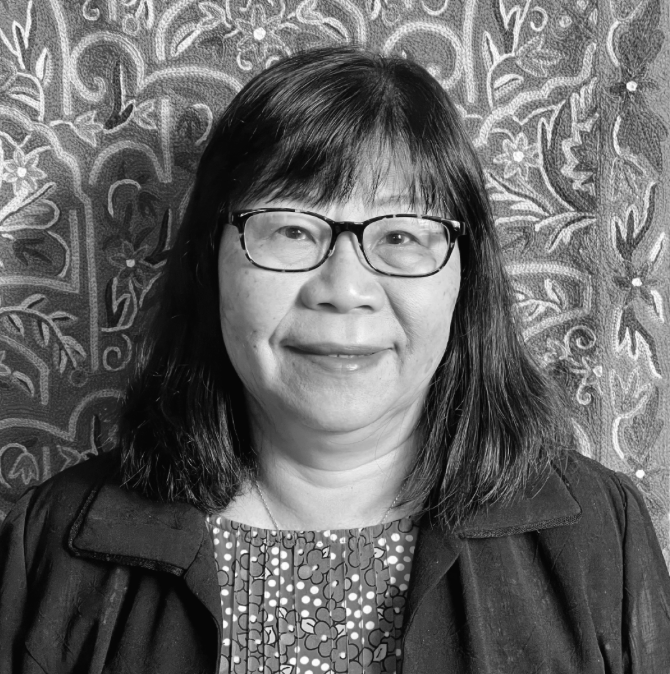- Home
- September 2023
- Preserving Sacred Traditions: Tow Bu Kong Temple of Hong Kong Street
Preserving Sacred Traditions: Tow Bu Kong Temple of Hong Kong Street
by
Hiroshi Yamashita

Previous Post
Next Post
Dare To Dream, Then Comes The Excelling
4 min read
EXCELLENCE IS MANIFESTED through our desire to be the best and to achieve perfection. When we were students, we studied hard to get an A+ or to be the top stude...
You might also like
Coaching Makes Effective Leaders
3 min read
IN THE CORPORATE world, the traditional authoritarian leadership model has given way to more collaborative and people-centric approaches, and requires that lead...
How Not To Get Lost On A Hike and What To Do If You Do
6 min read
“AREN’T YOU SCARED of getting lost in the jungle?” I have lost count of how many times I’ve been asked this question, and I am sure many other hikers would have...
Shaping the Future of Learning with Technology
4 min read
AROUND THE WORLD, technology is rewriting the rules of teaching and learning, reshaping classrooms and redefining the studentteacher dynamic. Malaysia stands as...





